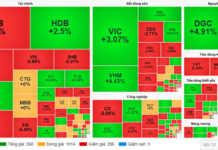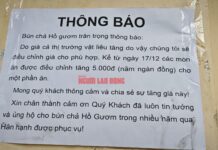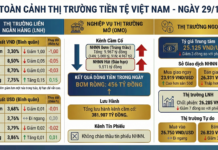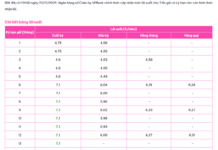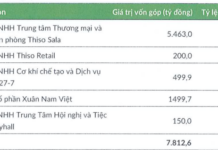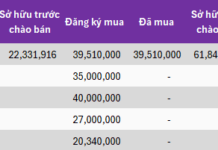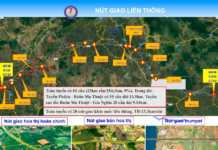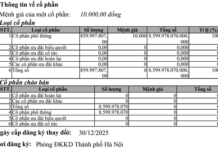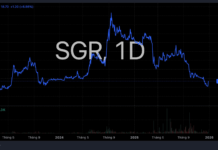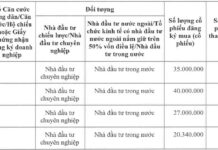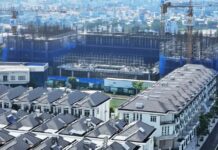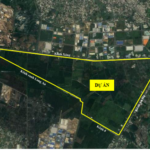Expectations for Improvement
Persistent challenges such as prolonged high interest rates, economic and geopolitical instability continue to hinder investment activities in the Asia-Pacific region in the fourth quarter of 2023. Preliminary estimates indicate that total real estate investment volume in the Asia-Pacific (transactions valued at over $10 million, excluding ongoing projects and pending transactions) decreased 23.2% year on year to $31.8 billion in the quarter.
The report showed that in the fourth quarter of 2023, Japan continued to be a major investment destination due to the benefits of flexible monetary policies, the weakening yen, and strong tourism growth. Although investment in office and residential segments declined, investment volume remained positive due to retail and hotel development markets.
In China, with the support of proactive financial and monetary measures, the market has regained an optimistic position on investment volume. Investment sentiment has improved and the expectations of sellers have become more realistic. However, most of the interests come from domestic buyers and insurance companies for high-quality commercial assets in major cities, while foreign interests have shown signs of decline.

Real estate investment volumes in South Korea, Hong Kong, and Singapore continued to decline in the late quarter due to high financial costs and wide discrepancies between buyer and seller expectations. However, Hong Kong and Singapore still recorded some large transactions such as the acquisition of One Island East Tower in Hong Kong ($694.1 million) and the Shenton House commercial project in Singapore ($408.1 million).
Retail and hotel investments in the region are considered better than other segments, with double-digit growth in the fourth quarter of 2023. Office investments continued to decline due to high borrowing costs and large interest rate gaps, but it remains the most focused segment, accounting for 30% of investment volume. Industrial investments in markets experienced a slight decline in the quarter due to a lack of warehouse supply. Residential investments continued to cool off, but were a bright spot in Australia due to increasing immigration and student numbers.
In 2024, interest rates are expected to decline by mid-year, and inflation will gradually be controlled. Investment activities in the Asia-Pacific region are expected to become more vibrant in the second half of 2024. Japan and India continue to be two attractive destinations for domestic and foreign capital inflows, thanks to Japan’s flexible monetary policy and India’s strong economic prospects.
Investor Confidence Back
According to Savills, despite many difficulties, the interest of foreign investors in the Vietnamese market in general and real estate in particular has shown growth.
According to statistics from the Foreign Investment Agency, the Ministry of Planning and Investment, as of December 20, 2023, total registered foreign direct investment (FDI) in Vietnam reached nearly $36.61 billion, an increase of 32.1% compared to the same period. Specifically, out of the total registered capital of over $36.6 billion, new registered capital reached nearly $20.19 billion, an increase of 62.2% compared to the same period. The number of newly registered projects also reached 3,188 projects, an increase of 56.6%. Therefore, both new projects and new registered capital saw strong growth. This is a noteworthy point. In addition to new registered capital, 2023 also recorded 1,262 cases of investment capital adjustment, an increase of 14% compared to the same period last year, with additional investment capital reaching over $7.88 billion.
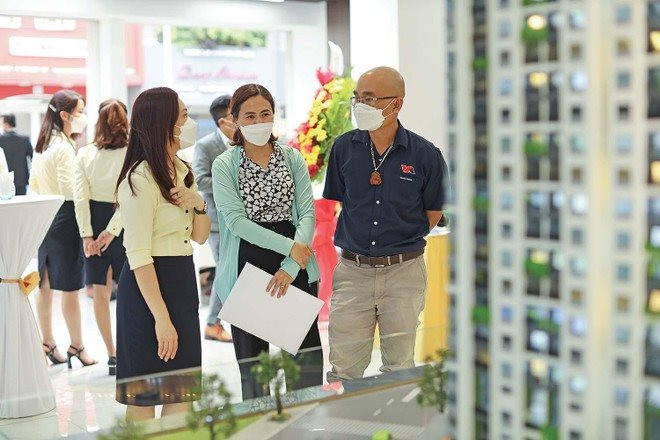
In 2024, Vietnam’s GDP growth rate is expected to reach 6-6.5%, thanks to stable foreign direct investment (FDI) and the efforts of the government to resolve difficulties in the real estate sector, increase public investment, and implement timely economic policies to stimulate growth.
In the fourth quarter of 2023, the market recorded a large investment volume in real estate. The largest beverage manufacturer in South Korea, HiteJinro, invested over 8.2 hectares and over $100 million in a factory in Thai Binh. In addition, Deli Group Limited Company from China invested $270 million, using an area of about 21.2 hectares in the expanded Dai An Industrial Zone in Hai Duong. Hyosung Group (South Korea) will build a carbon fiber and materials production plant with a total investment capital of about $720 million (nearly VND 17,500 billion) in the Phu My II Industrial Zone in Ba Ria – Vung Tau.
“It is encouraging that the market has recently approved the passage of important laws, including the Real Estate Business Law (amended), the Housing Law (amended), and the Land Law (amended). The passage of these Laws can be seen as a positive signal to the investment market in the coming year, boosting the confidence of investors. The Vietnamese market, with its real demand for housing as well as confidence in the office and industrial real estate sectors, will be the key to the start of a new cycle this year. However, we still need to wait for the sub-law documents to observe clearer changes”, said Matthew Powell, Director of Savills Hanoi.

